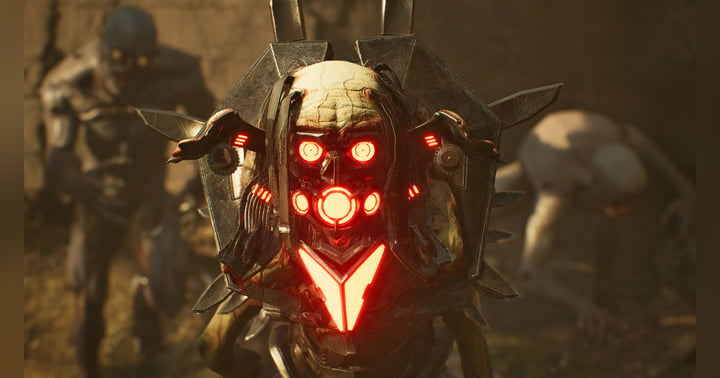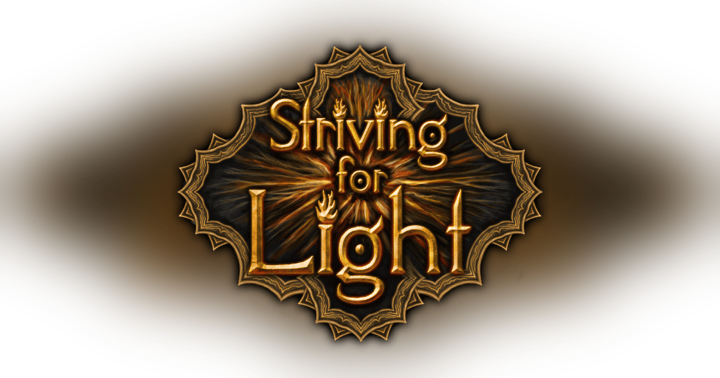The Rise of Anime and the Toxic Fanbase

The Beginning
It feels like only yesterday when I first got into anime. It was the early 2000's, and Toonami was playing the likes of DBZ, Inuyasha, Gundam, Big O, Naruto and many others. Ahh, the nostalgia of waking up on the couch at 1 am on a Saturday to the outro of one of these animes. For those of you that remember this as part of your childhood, then you also remember a time when talking about this stuff at school or at all in public was taboo. You had a small group of friend you could share this with, but it definitely stayed that way. Sure, you had conversations of who could beat who, and what ifs, but that's about as far as any debate would go and for the most part, it was fun. So what has changed from then to now? Well, with the rise in popularity of anything, comes the rise of toxic fans. Both my generation and new generation of fans are to blame, in many ways. Of course, toxic fans are everywhere, but lets not pretend that as anime has exploded in popularity in America, so has the toxicity more than ever. Look I'm just calling a spade a spade.
In the realm of entertainment, the passion of fans often fuels vibrant communities. However, within these passionate crowds, a darker side can emerge—the toxic fan-base. (Looking at you MHA and JJK community) Remember that time a ton of fans wrote threatening letters to MHA author Kohei Horikoshhii? Well Pepperage Farm remembers....and this is only one of many examples. This phenomenon has plagued anime and gaming communities for decades, leaving both creators and consumers vulnerable to its harmful effects. Don't even get me started on the insane level of impatience the new fan-bases has. The same communities that show outrage for the overworked animators, will turn around and complain about having to wait 1 year for a new season then complain the season felt rush?!? DBZ dropped the "new" Buu saga in 2001-2002, however, it first aired in Japan in 1994-1995. Took 6 years to get a dub and brought to American television!!! Anyways, I just think we could all be a bit more patient, but I digress.
Toxic Behavior in Fan Communities: An Overview
Toxic fan behavior manifests in various forms, ranging from verbal harassment and online bullying to threats of violence and physical altercations. This behavior can stem from feelings of entitlement, a need for belonging, or a desire for validation. Toxic fans often believe they have a special connection to a particular franchise or creator and feel threatened by any perceived slight or deviation from their expectations.
Motivations and Characteristics of Toxic Fans
Research has identified several key motivations for toxic fan behavior:
- Sense of Ownership: Toxic fans may feel a possessive attachment to a franchise or creator, believing they have a stake in its direction.
- Fear of Change: They may resist any alterations or updates to the franchise, as it challenges their established beliefs and sense of belonging.
- Group Identity: Toxic fanbases often form exclusive communities where shared values and beliefs reinforce their sense of superiority.
The Impact of Online Anonymity
The prevalence of online platforms has exacerbated toxic fan behavior. Anonymity provides a shield for individuals to engage in aggressive or abusive behavior without fear of consequences. Social media and online forums allow toxic fans to quickly mobilize and amplify their voices, creating an echo chamber that reinforces their negative views.
Addressing the Issue: Strategies for Fostering Healthy Fandoms
Combating toxic fan behavior requires a multi-faceted approach:
- Open Dialogue: Creators and fans must engage in open dialogue to address concerns and establish healthy boundaries.
- Transparency and Accountability: Creators should be transparent about their decision-making processes and hold toxic fans accountable for their actions.
- Encouraging Respectful Discourse: Fan communities should encourage respectful and constructive discussions, where different opinions can be presented without resorting to personal attacks.
- Consequences for Toxic Behavior: Communities should have clear guidelines and consequences for toxic behavior, such as removal from online forums or reporting to moderators.
Understanding the Causes and Effects of Toxic Fan-bases
Toxic fan-bases present a significant challenge to the creators and consumers of entertainment. By understanding the motivations and behaviors that contribute to this phenomenon, we can develop strategies for promoting healthier fandom experiences. Open dialogue, transparency, and consequences for inappropriate behavior are essential to fostering a welcoming and respectful environment. By addressing the root causes of toxic fan-bases, we can create a more inclusive and vibrant entertainment landscape. Ultimately, being more respectful to each other, the studios and the authors would just be cool.








